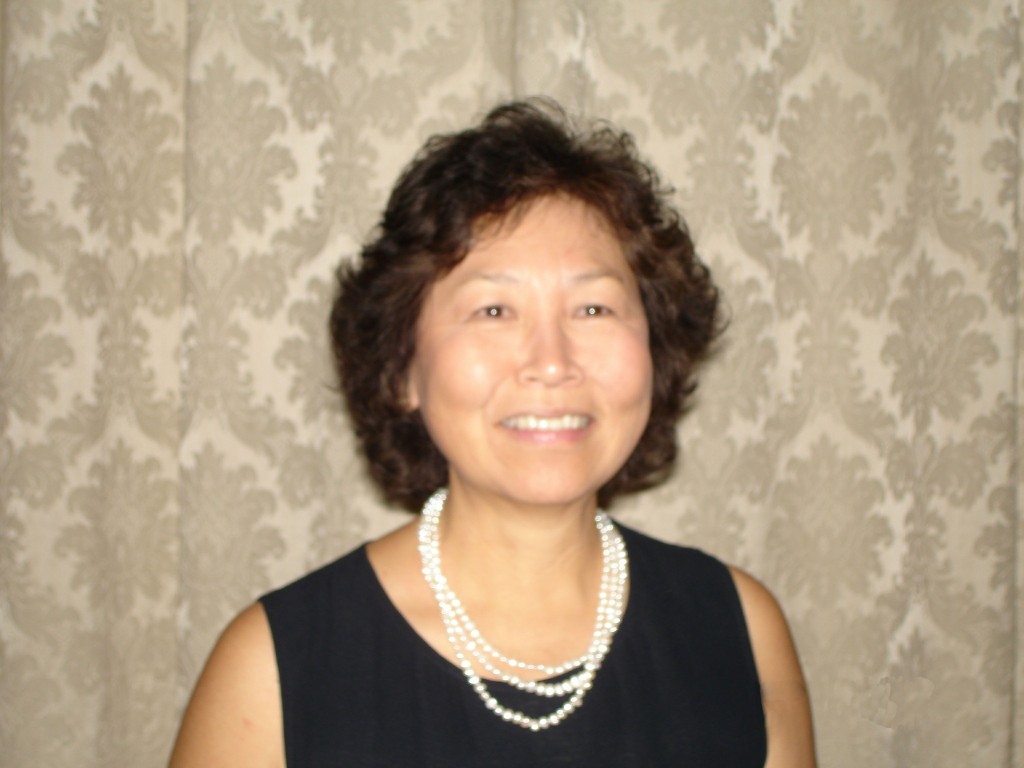Elizabeth W Gonzalez, PhD, APRN-BC
Associate Professor & Chair of Doctoral Nursing Program
College of Nursing & Health Professions
Drexel University
Background:

- Chair of the Doctoral Nursing Program in the College of Nursing & Health Professions at Drexel
- President of the Asian American and Pacific Islander Nurses’ Association (AAPINA)
- Member of the Medical Scientific Advisory Board of the Alzheimer’s Association
Elizabeth W. Gonzalez, Ph.D., PMHCNS-BC is a tenured associate professor and Chair of the Doctoral Nursing Program at Drexel University in Philadelphia. She completed her Bachelor of Science in Nursing from Silliman University in the Philippines, and Master of Science in Nursing from the University of the Philippines. She earned a Doctor of Philosophy in Nursing Research and Theory Development from New York University. She is certified as a clinical specialist in Adult Psychiatric and Mental Health Nursing by the American Nurses Credentialing Center and maintains a private practice.
She developed the Psychiatric Mental Health Nursing Practitioners’ Program in the College of Nursing and Health Professions at Drexel University. A frequent participant in scientific forum, her research contributions have been in depression among the elderly, minority health issues, stress in caregiving, and cross-cultural research among family caregivers of persons with Alzheimer`s disease. She was a Faculty Scholar for the Hartford Gerontological Institute in Nursing Research at NYU, and a Research Fellow at the Center for Health Equality in Drexel University. She was a recipient of the Research Development Award from the American Nurses Association, Ethnic Minority Fellowship Programs and a fellow at the SAMSHA.
Dr. Gonzalez was selected to participate in the summer institute on minority research in aging funded by NIA. She received a Supplement Grant from the National Institute on Aging to study resourcefulness in family caregivers of person with dementia, and Synergy Grant from Drexel University to determine the feasibility of enhancing resourcefulness in family caregivers. She received the Academic Research Enhancement Award (R15) from the National Institute for Nursing Research to determine the effects of enhancing resourceful skills in family caregivers of persons with Alzheimer’s disease on caregiver and patient outcomes.
She is currently collaborating with researchers in biomedical engineering and architecture to determine the effects of LED Daylighting Luminaire to reduce symptoms of dementia. She serves on the Nursing Research Review Committee for the American Nurses Foundation, and Nursing and Related Clinical Sciences Study Section of NINR.
Overview:
This show will address how chronic stress affects health of caregivers and what we could do. Caring for a person with dementia is more stressful than caring for a person with physical disability. This session will focus on a research study funded by the National Institute of Nursing Research on family caregivers of person with dementia.
- The discussion will differentiate how human body responds to acute versus chronic stress
- Highlight how chronic stress affects health when caring for a person with dementia.
- Characteristics of caregivers at risk will be addressed.
- The discussion will highlight a multi-component intervention study entitled, “Enhancing resourceful skills in family caregivers of person with dementia”.
3 Key Points:
- Forgetfulness is not normal part of aging so early screening is important- this is critical for family to plan when the person is still competent to make decisions
- Until there is cure for Alzheimer’s disease, we need to focus on maintaining quality of life for family caregivers and person with dementia. Focus on the strength of the person and not on what was lost.
- Because of persistent stress experience by caregivers they need to care for themselves by learning relaxation technique, have adequate sleep, and learn how to ask for help and take respite.

 Valentine Group Health
Valentine Group Health


